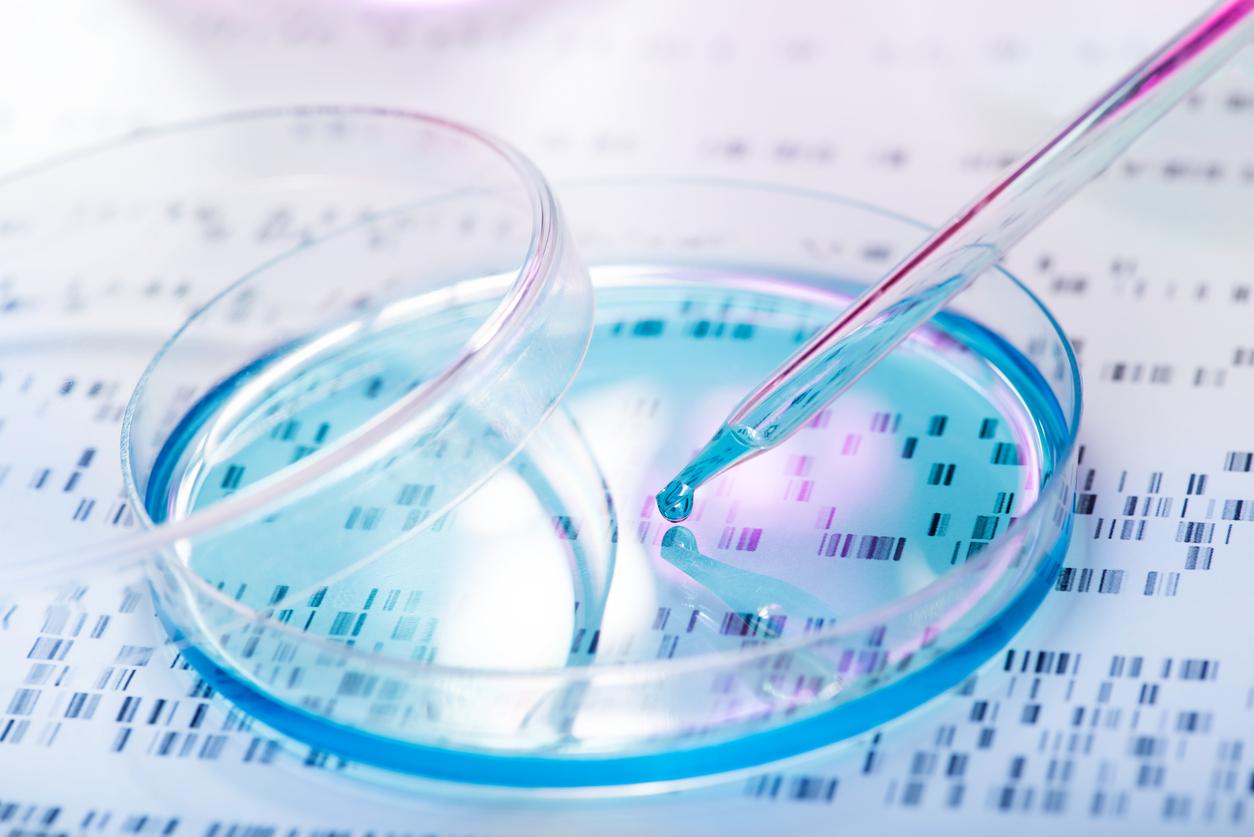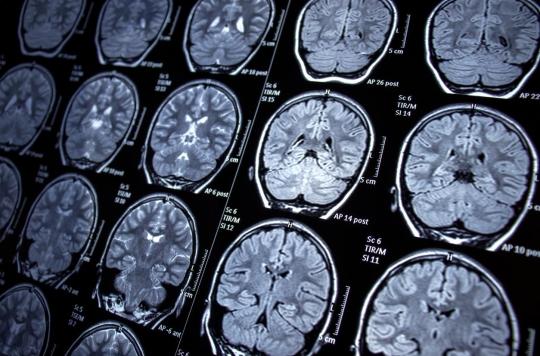Genetic testing has become increasingly accessible and sophisticated, allowing individuals to discover valuable information about their genetic makeup. These tests can provide insights into disease predispositions, inherited traits, and even ethnic origins.

- One of the major ethical concerns is the privacy of genetic information.
- Individuals must fully understand the implications of testing before agreeing to undergo it.
- But with a balanced and informed approach, it is possible to maximize the benefits of genetic testing while minimizing the ethical risks.
This technological advance raises crucial ethical questions that must be carefully considered.
The benefits of genetic testing
Before diving into the ethical issues, it is important to recognize the benefits of genetic testing. It can aid in the early detection of genetic diseases, allowing for early and potentially life-saving intervention. For example, identifying a BRCA1 or BRCA2 mutation can prompt preventative measures against breast cancer. Additionally, genetic testing can guide medical treatments based on individual genetic profiles, an approach known as personalized medicine.
Major ethical issues
Privacy and data protection
One of the major ethical concerns is the privacy of genetic information. Genetic data is extremely sensitive and can reveal intimate information about the health of an individual and their family. The question arises as to how this data is protected and who has access to it. It is essential to ensure that genetic information is not used for discriminatory purposes or without the informed consent of the individual.
Genetic discrimination
The potential for genetic discrimination is a major issue. Information from genetic testing can be used by employers or insurance companies to discriminate against individuals. For example, a person with a genetic predisposition to a costly disease could be denied insurance or a job. Many countries have laws in place to protect against genetic discrimination, but these protections vary and may not be sufficient.
Informed consent
Informed consent is another critical aspect of genetic testing. Individuals must fully understand the implications of testing before agreeing to undergo it. This includes understanding the risks, benefits, and limitations of testing, as well as the possible consequences of the results. Health care providers have a responsibility to provide clear and complete information to help individuals make informed decisions.
Psychological impact
Receiving genetic test results can have a significant psychological impact. Discovering a predisposition to a serious disease can lead to anxiety, depression or significant stress. It is therefore crucial that psychological support services are available to help individuals cope with their genetic test results.
Family implications
Genetic testing is not just about the individual, but also about their family. The results can reveal information about family members who may not have consented to know that information. This raises ethical dilemmas about sharing genetic information and respecting the privacy of family members.
Use of data for research
Genetic data collected for research purposes can greatly contribute to scientific advances. However, the use of this data raises questions about consent and participant protection. Researchers must ensure that data is anonymized and that participants are informed and consent to the use of their data for research.
Direct-to-consumer genetic testing
Genetic testing that is available directly to consumers, without the involvement of a healthcare professional, poses specific ethical issues. Consumers may not be able to correctly interpret the results, which can lead to poorly informed health decisions. In addition, these tests may not offer the same level of privacy protection as those performed in a medical setting.
Regulation and legal framework
To address these ethical issues, a strong legal and regulatory framework is needed. Many countries have laws in place to protect the privacy of genetic data and prevent genetic discrimination. However, with the rapid evolution of technology, these frameworks must be continually reassessed and updated.
Genetic testing offers incredible opportunities for medicine and public health, but it also presents significant ethical challenges. It is essential that individuals, health professionals, and policy makers work together to ensure that these tests are used ethically and responsibly. Protecting confidentiality, preventing discrimination, obtaining informed consent, and managing psychological and family implications are key considerations. With a balanced and informed approach, it is possible to maximize the benefits of genetic testing while minimizing ethical risks.
















